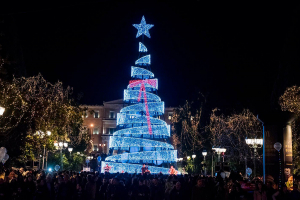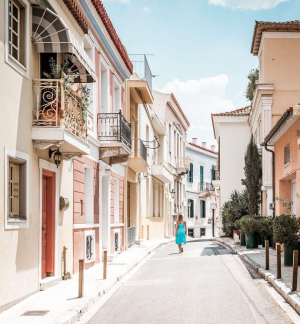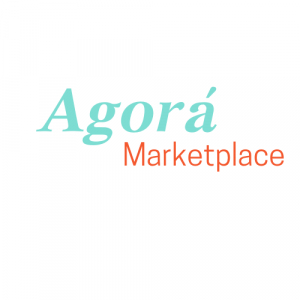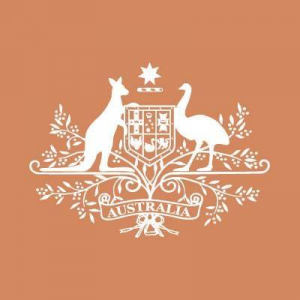XpatAthens
XpatAthens Picked By Culture Trip As 2016 Local Favorite
Please click HERE to read The Culture Trip's article about 'Moving To Greece.'
From Chicago To Greece - How One Woman Started A Business In Kavala
To read this article in full, please visit: WindyCity Greek
How To Spend 48 Hours On The Beautiful Island Of Leros
5 Beautiful Places To Stargaze In Athens
Thiseio
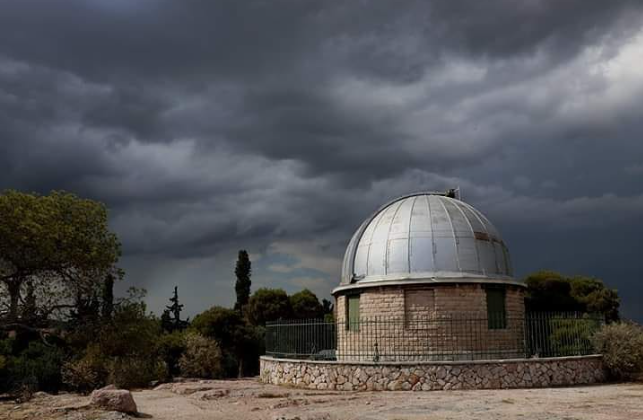
@observatoryathens
Right in the heart of Athens, the bright lights of the busy city might not create the best circumstances for a crystal clear sky, but the local observatory and its telescope have sure taken care of it! So next time you're downtown, don't forget to pay it a visit.
Penteli

@paranoid_pastel
The Penteli Observatory is undoubtedly one of the most famous observatories in Greece. Whether you live in Athens or just visiting, you can take part in one of the organized tours that they offer, which include walking at night and observing the clear sky through a Newall telescope.
Sounio
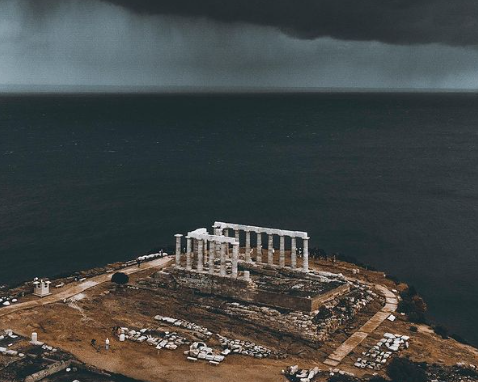
@leva_alex
One of the most magical places outside of Athens is the famous Sounio. The Temple of Poseidon and its sandy beach just under it make it a once in a lifetime oppurtunity to gaze at the sky while enjoying a refreshing swim.
Elikonas

@tasos_palamidas
Just about an hour away from Athens lies the country town of Elikonas, which offers a fantastic site in the woods to gaze at the stars. The place is called Arvanitsa where visitors can also enjoy a quick bite far from the hustle and bustle of the city.
Kitheronas
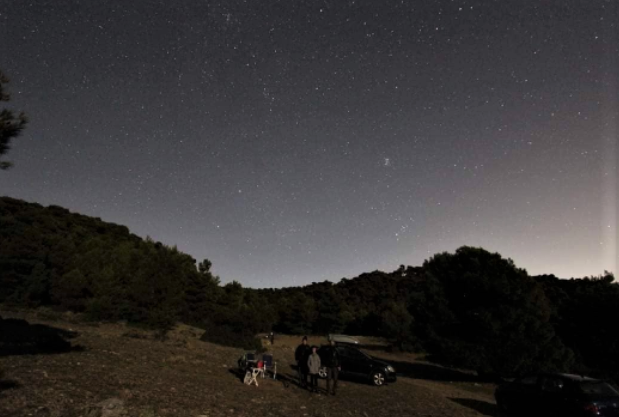
@kimon_papathanasopoulos
The mountain of Kitheronas is situated between Attica and Viotia and has become a favorite place for passionate stargazers. If you do visit it, the best place for a great view of the sky is near the EOS Eleusina shelter, Vaggelis Tsakos.
One, Two, Three...Light Up The Christmas Tree!
May 14 - Experience More Of Athens
Agorá Marketplace - A Space For Sharing Stories & Products By Greek Creators
Embassy Of Australia In Greece
The Embassy in Athens is open for telephone and email requests from 8:00 am to 4:00 pm Monday to Friday except for public holidays.
Passport interviews and notarial services are offered on an appointment-only basis.
Things That Only Make Sense In Greece
So, what are we waiting for? Let's delve into the quirks and traditions that define the Greek way of life—the things that make perfect sense only in this land of gods, olives, and feta!
1. Kefi (Κέφι):
The Beautiful Game…
Soccer, football, the beautiful game. Whatever you call it, the world is clearly in World Cup fever. Well, the parts of the world where people paint their faces, wear their national flags as clothes and sing national anthems and national songs until they collapse in a frenzy of ‘whoo-hoos’… you know, the fun parts of the world. Which, if we’re honest, is most of the world. So World Cup fever also came to Athens.
And to New York, to Toronto, to Melbourne and apparently everyone else where there are Greeks communities. Social media is full of videos of enthusiastic Greek fans absolutely overflowing with excitement and pride. And probably lots of beer.
Speaking with Dutch, Argentinean, Swiss, even Costa Rican friends, it seems the spirit of friendly (and very serious) competition is alive and well no matter which flag you fly – and it’s all in the name of the beautiful game. And I think that’s great.
I was watching the Greece/Costa Rica match at a friend’s place on Sunday. When the game when into overtime, someone said, “We should be watching this from a bar.” The rest of us agreed. When the overtime stretched into penalties, we jumped off the couch and raced outside to the nearest café. The place was packed with excited fans, chattering and cheering. The energy was palpable. After each successive score, the cheers got louder… The result was heart breaking, but the pride of achievement remained.
There is something awesome about joining together with random strangers to celebrate ‘us’, that elusive feeling that comes when ‘one of our own’ is striving, against the odds, and succeeding – on our behalf. When the Greek players requested that their FIFA bonuses be donated to build a home for the national team in Athens, it only served to boost the feeling.
So, this week was mostly about national pride (the best kind, based on achievement), celebrating the underdog, and cheering to our hearts’ content. The eventual result was less important than the virtual bond shared by everyone waving a blue and white flag, wherever they might be in the world. There was a great image shared during the Costa Rica game, of a (non-Greek?) fan with the words ‘Vamos Grecia!’ painted in blue across her forehead. What could be better?
Until next week,
Jack
In this weekly space, keep up with ‘Jack’ as he navigates daily life in Athens… Anecdotes, stories, hits & misses, the good, the bad and, well, the rest…





